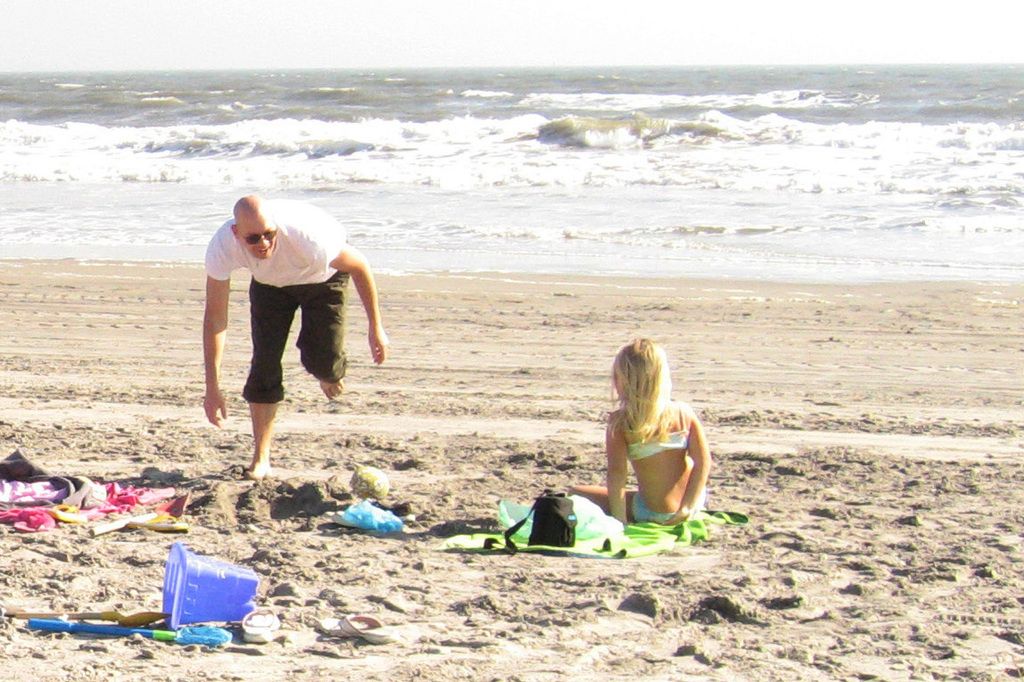Online assaults, unwanted disturbances, and menacing actions on digital platforms: guidelines for filing a complaint
Stumbling Across Shady Stuff Online? Here's Who to Report It To
Run into sketchy social media posts, dangerous products on e-commerce sites, or violations of your consumer rights on digital platforms? Report it! But who to trust with your findings?
Enter the Certified Reporting Bodies, also known as Trusted Flaggers. They're here to help you out. Submit your report through their online portal, and they'll delve into the matter and, if required, escalate it to the pertinent platform or service.
Trusted Flaggers: Priority Handlers
The EU's Digital Markets Act (DSA) endows these trusty tipsters with the power. But why go straight to the source? Simple: If a report of suspected illicit content comes from a recognized Trusted Flagger, by law, the platform operator must act swiftly. This might involve snuffing out content or taking other immediate measures, according to the Federal Network Agency, Germany's Trusted Flagger certifier.
More Trusted Eyes on the Scene
Until recently, only Respect, a reporting body under Baden-Württemberg's Youth Foundation, was certified. However, the Federal Network Agency just approved three more:
- Hateaid, a firm dedicated to digital violence, fraud, and deception, particularly on social media platforms.
- Verbraucherzentrale Bundesverband (vzbv), focusing on online marketplaces and social media platforms in terms of consumer rights, product safety, online trading, and fraud.
- Bundesverband Onlinehandel (BVOH), with a focus on intellectual property and unfair competition, especially on online marketplaces. The association mainly accepts complaints from its members, typically involving plagiarism allegations or suspected competition law violations.
Do They Wield the Power to Delete?
No, Trusted Flaggers and the Federal Network Agency are not in the business of deleting content. The ultimate responsibility lies with the platform or service. If content is declined removal, the platform must offer a justification for its decision.
Disagree with the platform's decision or have further gripes? You can challenge it through a complaint to the platform itself, an out-of-court dispute resolution body, or the courts, as explained by the Federal Network Agency.
Finally, the courts are the ones to make the call: Is the content illegal and should it be removed, or was it rightfully left untouched?
1) Submit your findings concerning dangerous social media posts, illegal products on e-commerce sites, or violations of digital consumer rights to the Trusted Flaggers, such as Hateaid, Verbraucherzentrale Bundesverband, or Bundesverband Onlinehandel, as their reports hold significant weight in the quick removal of suspicious content by platform operators.
2) When reporting to Trusted Flaggers like Hateaid, Verbraucherzentrale Bundesverband, or Bundesverband Onlinehandel, remember that they won't delete content but will take it upon themselves to address the issue with the platform, and if required, they will escalate it. However, the ultimate responsibility for removing questionable content lies with the platform or service provider.








